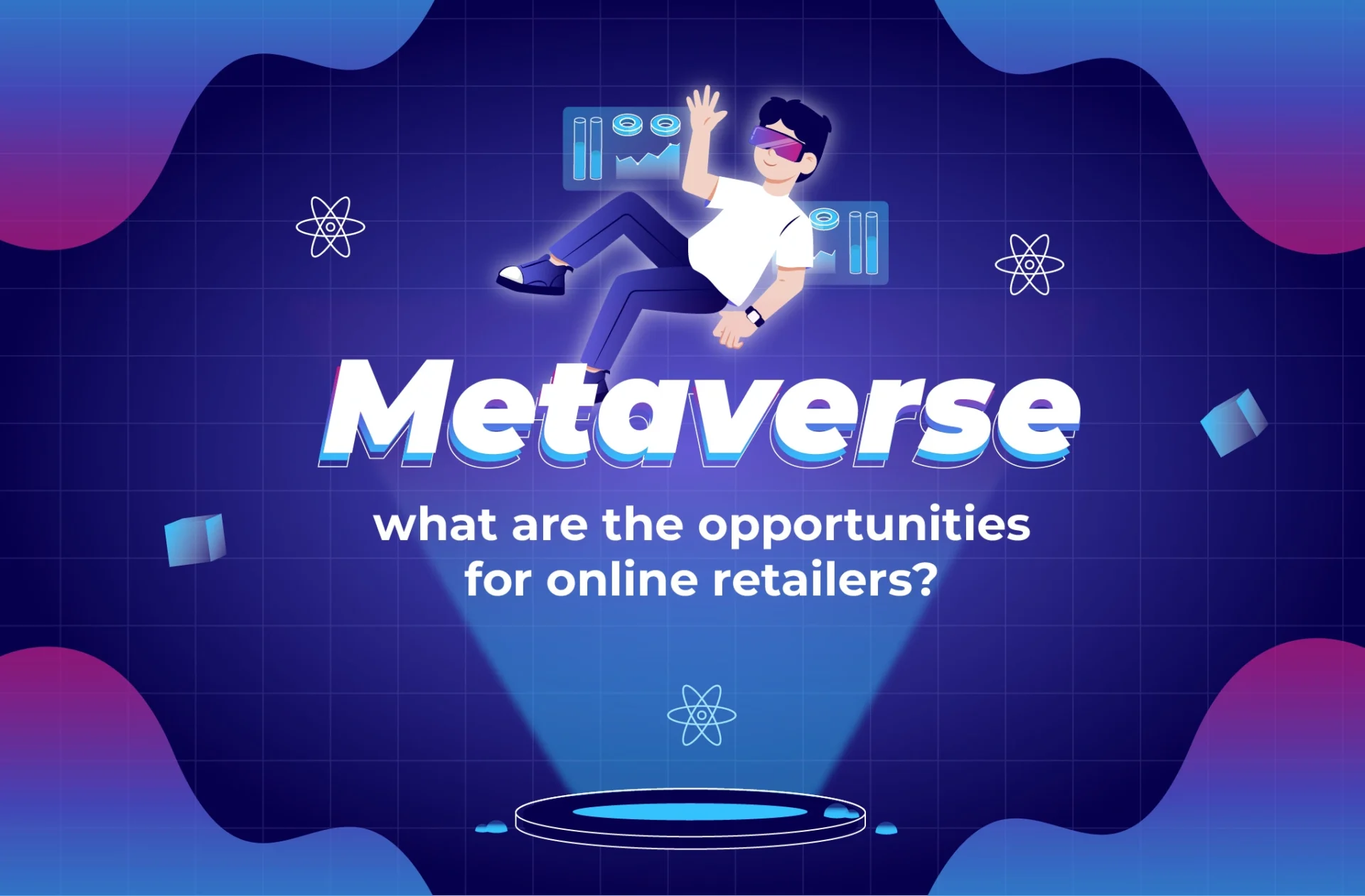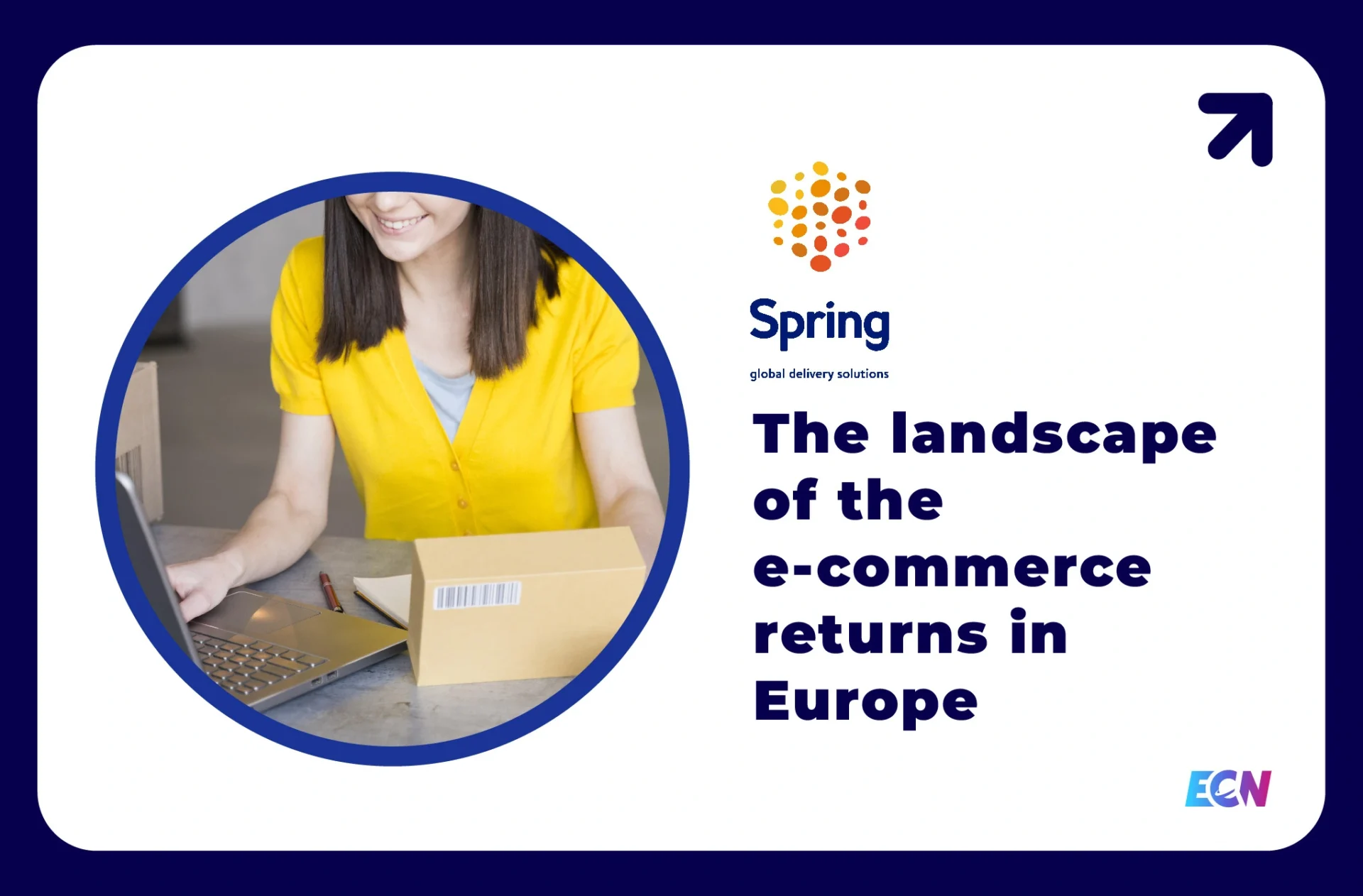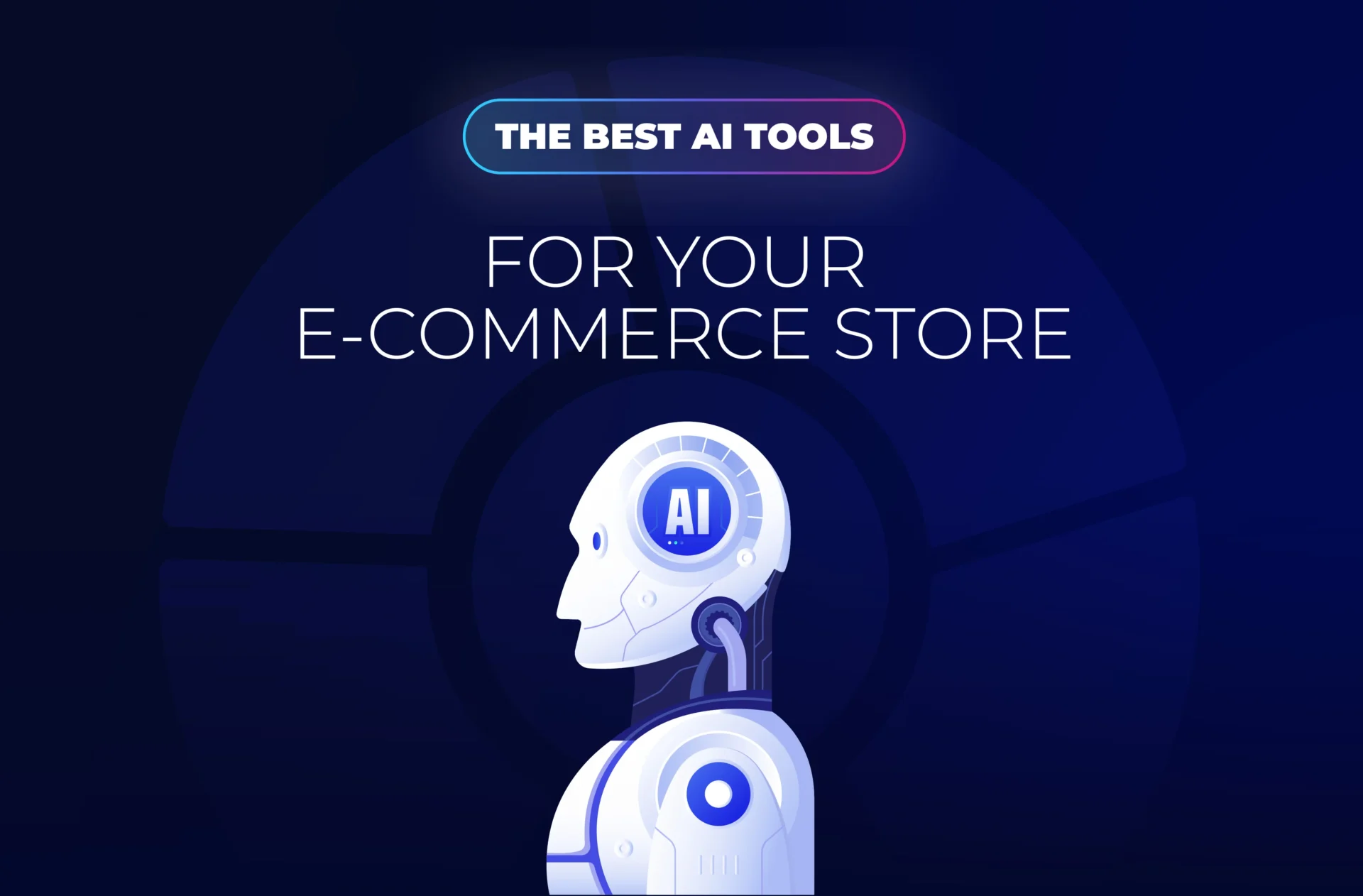The metaverse is an evolving concept that refers to a collective virtual shared space, created by the convergence of physical and digital realities. It is a fully immersive and interactive environment where people can interact with one another and digital content in real-time. In the metaverse, users can explore, socialize, transact, and create their own experiences. It combines elements of virtual reality (VR), augmented reality (AR), and the internet to create a seamless and interconnected virtual world.
E-commerce has experienced remarkable growth over the years, transforming the way people buy and sell products and services. With the advent of the internet, online shopping has become increasingly popular due to its convenience, wider product selection, and competitive pricing. In recent years, the COVID-19 pandemic further accelerated the shift towards e-commerce as people sought contactless shopping experiences.
In the following sections, we will explore the potential impact of the metaverse on e-commerce and delve into specific use cases and examples that demonstrate its effectiveness in transforming the online shopping experience.
Rise of the Metaverse
The Metaverse encompasses an interconnected network of virtual worlds and augmented reality experiences, creating dynamic and immersive digital environments for users. Within this collective space, individuals are free to explore, participate in social interactions, and access a wide variety of digital content.
Key elements that make up the Metaverse include cutting-edge technologies such as :
- virtual reality (VR)
- augmented reality (AR)
Additionally, social interactions, virtual economies, and user-generated content contribute to the dynamism of the Metaverse. The Metaverse blurs the lines between the physical and digital realms, giving users a seamless, immersive digital experience.
In the e-commerce sector, the metaverse market is expected to grow significantly. Experts predict that it will register a strong compound annual growth rate (CAGR) of 39.65% between 2022 and 2027. This growth will lead to expansion of the market, which is expected to reach an estimated value of $85,885.22 million.
Moreover, technology experts are very optimistic about the future potential of the metaverse. A staggering 68% of these experts expect the metaverse to experience a significant boom within the next five years. This widely believed fact for the rapid evolution of the Metaverse underscores its potential as a transformative platform and encourages businesses to explore and leverage its capabilities in the e-commerce space.
These statistics not only demonstrate the market growth prospects for the e-commerce metaverse, but also their confidence and expectations for its future impact. As businesses strive to stay ahead of the digital age, harnessing the power of the Metaverse can give them a competitive edge and gain access to the fast-growing, immersive digital marketplace.
Metaverse’s impact on E-commerce
Metaverse offers exciting opportunities to enhance shopping experiences, foster community engagement, and revolutionize the virtual economy:
Enhanced virtual shopping experience
The Metaverse allows consumers to enjoy immersive product visualization and customization. Technologies such as AR and VR allow buyers to view products from all angles, visualize them in different environments, and customize them according to their preferences.
In addition, virtual fitting and dressing rooms allow customers to virtually try on and experience products such as clothing and cosmetics before purchasing. An interactive and personalized shopping environment provides customized recommendations and personalized support, making your shopping experience more engaging and convenient.
Social shopping
The Metaverse fosters a sense of community and social interaction within the e-commerce environment. Virtual marketplaces and storefronts allow businesses to create their own virtual presence, allowing customers to browse and purchase products in an immersive virtual environment.
Additionally, social interactions and recommendations play an important role in influencing purchasing decisions. Users can connect with like-minded people, seek advice, share shopping experiences, and build vibrant and dynamic communities. Collaborative shopping experiences allow friends and groups to explore virtual stores together, enhancing the social aspect of shopping.
Virtual assets
Metaverse introduces a virtual economy that allows users to conduct transactions using cryptocurrencies. These digital currencies enable seamless and secure transactions within the Metaverse ecosystem.
Additionally, owning virtual goods and assets is a fundamental aspect of the Metaverse. Users can own and trade virtual assets such as digital clothing, accessories, and even virtual real estate. This opens up opportunities for creators and entrepreneurs to monetize their skills through the design and sale of virtual goods, creating a thriving market for digital creations.
Challenges
To successfully integrate e-commerce into the metaverse, it is important to address the following challenges and considerations. Overcoming these obstacles will require cooperation between Metaverse platform developers, e-commerce companies, regulators, and technology providers.
Technical infrastructure requirements
Implementing e-commerce within the metaverse presents several technical infrastructure challenges.
The Metaverse requires a robust and scalable network infrastructure to support the seamless interactivity and transactional capabilities required for e-commerce activities. Bandwidth and latency issues must be addressed to ensure a smooth virtual shopping experience and minimize disruptions.
Additionally, the Metaverse platform must support high-quality graphics, rendering, and real-time interaction, which can require significant computing power and optimizations.
Privacy and security concerns
Privacy and security are important considerations when integrating e-commerce into the metaverse. Users share personal data, preferences and financial information as they go through virtual shopping experiences.
Metaverse platforms must prioritize user privacy by implementing strong data protection measures, secure payment gateways, and strong authentication protocols. Additionally, clear user consent mechanisms should be put in place to ensure transparency of data collection and use.
Strong security measures must be implemented to protect users from fraud, hacking and unauthorized access to personal information.
Accessibility and inclusivity considerations
Accessibility and inclusiveness are important considerations when using the metaverse for e-commerce.
Virtual shopping experiences should be designed to accommodate people with disabilities, ensure compatibility with assistive technology, and provide alternative methods of interaction and navigation. Inclusion efforts must go beyond physical accessibility to address language barriers, cultural diversity and user preferences. Interface localization, multilingual support, and culturally sensitive content increase inclusivity within the metaverse.
Additionally, we need to consider bridging the digital divide and ensuring equal access to the Metaverse for users of different socioeconomic backgrounds and geographic locations.
Example of a Metaverse platform: Roblox
Roblox is the dynamic, immersive metaverse platform that has taken the world by storm. With over 850 million visitors in April 2023 alone, he has established himself as a leading hub for virtual experiences, creativity and community engagement.
What sets Roblox apart is its unique user-generated content model, enabling 9.5 million developers to create and share their own games and experiences. This vibrant developer community has contributed to the exponential growth and success of the platform.
As VentureBeat reports, Roblox has reached the impressive milestone of 1.7 million game developers on his LEGO-like platform. The impact of this platform is not limited to creative expression, it is also emerging as a lucrative opportunity for developers.
According to Statista, the Roblox community developer earned more than $328 million in total in 2020. This figure highlights the economic potential the platform offers to talented individuals who can monetize their work and interact with his large user base.
Roblox’s appeal lies in its wide range of experiences that cater to a variety of interests, from thrilling adventures and virtual simulations to social hangouts and educational games. Users can explore virtual worlds, network with friends, and attend virtual events and concerts. This interactive and immersive character has captivated millions of users, especially younger viewers.






